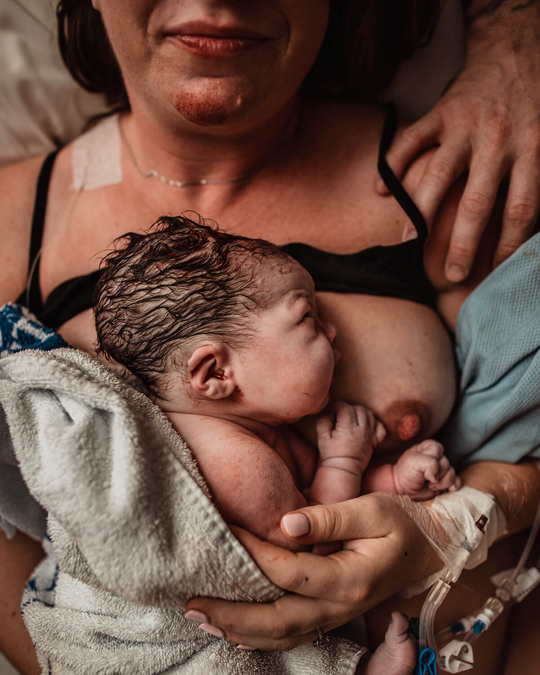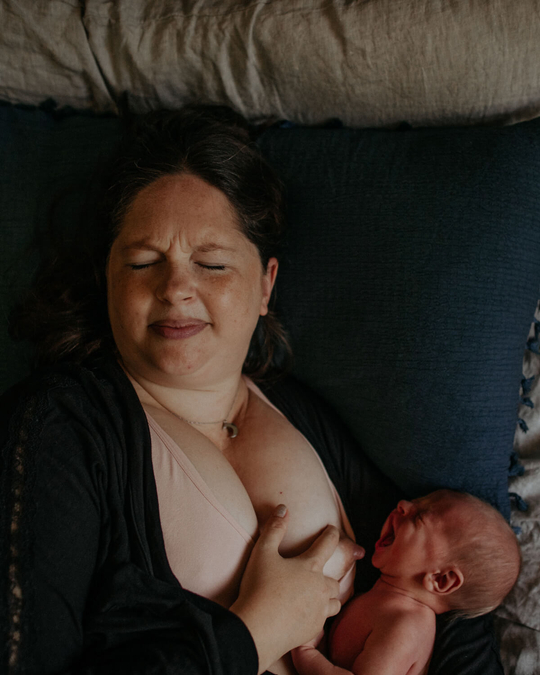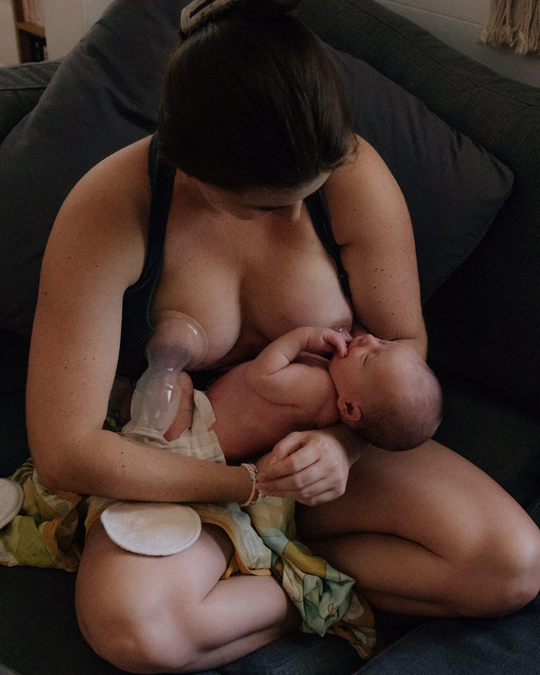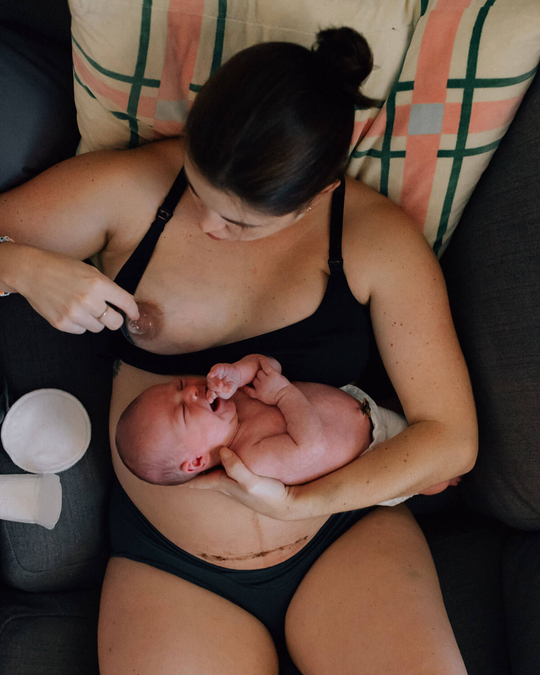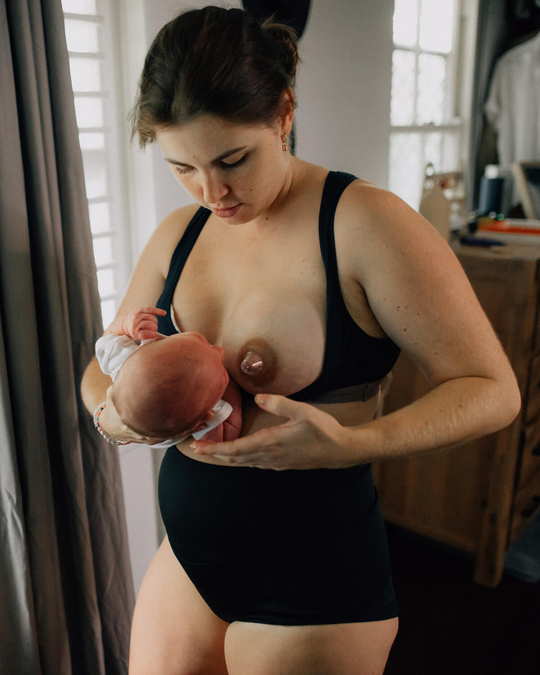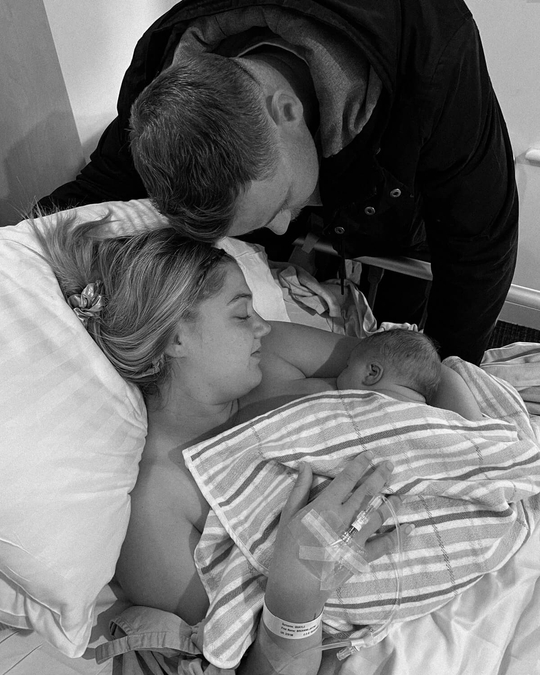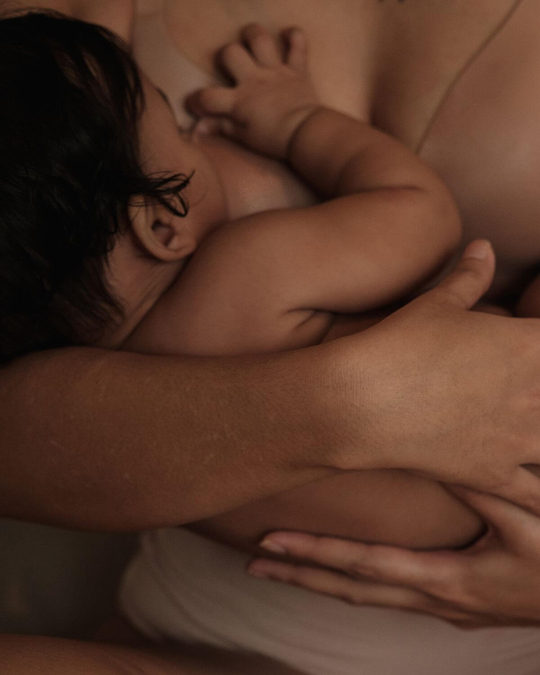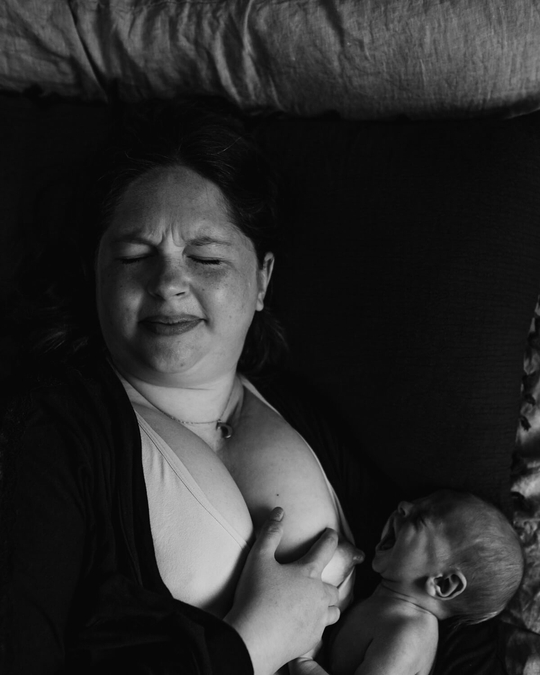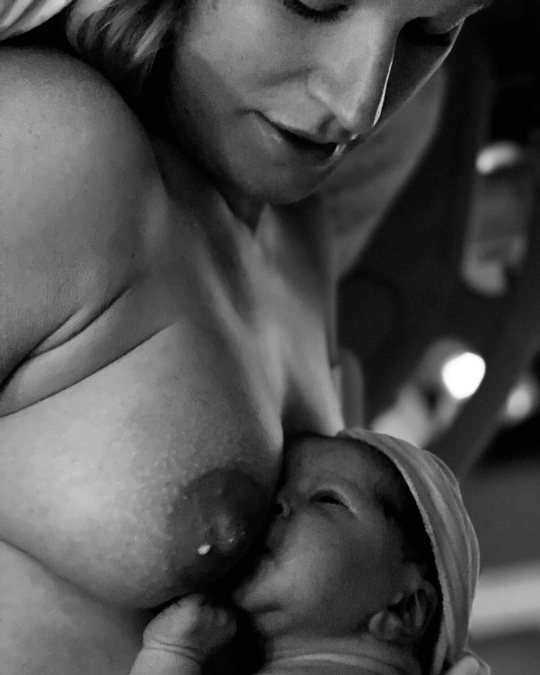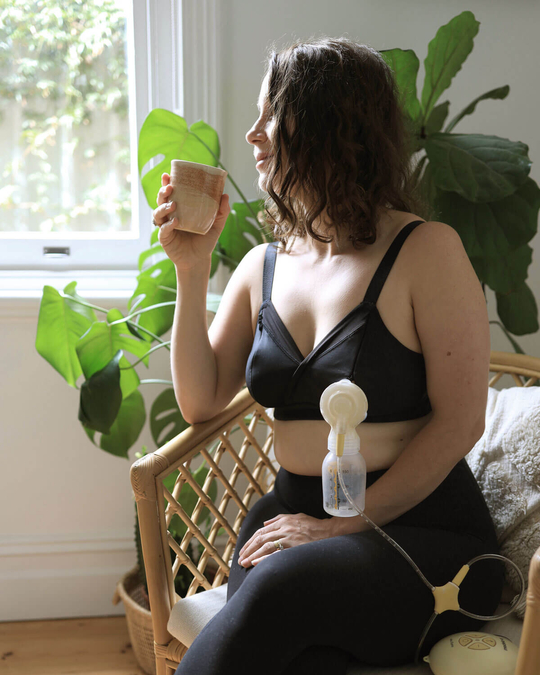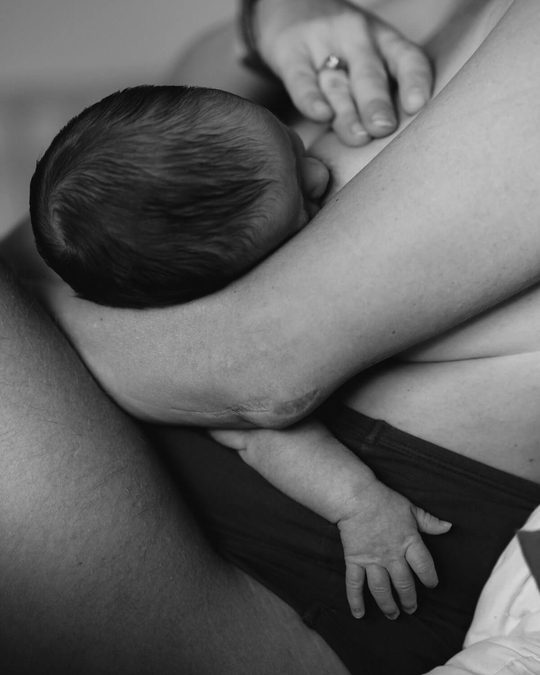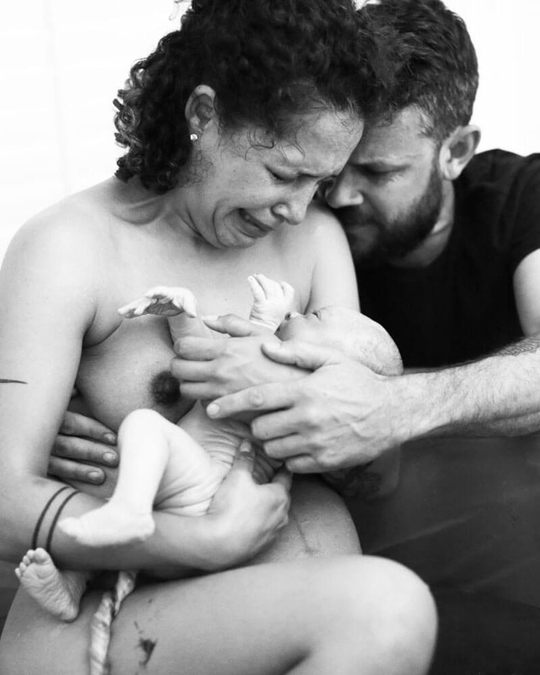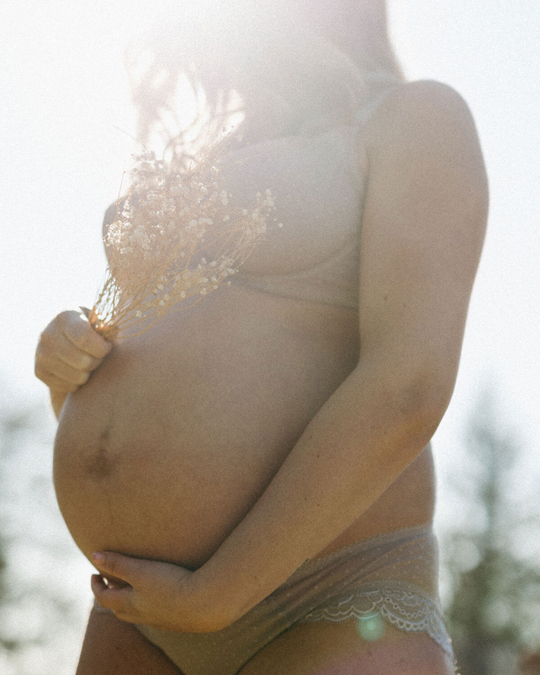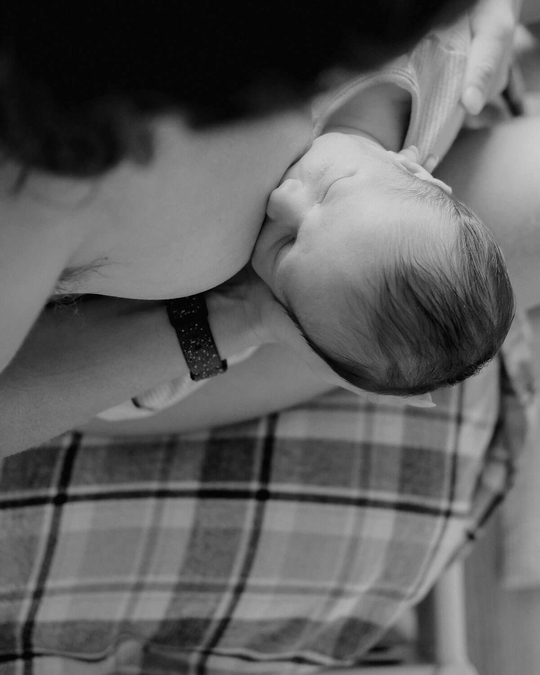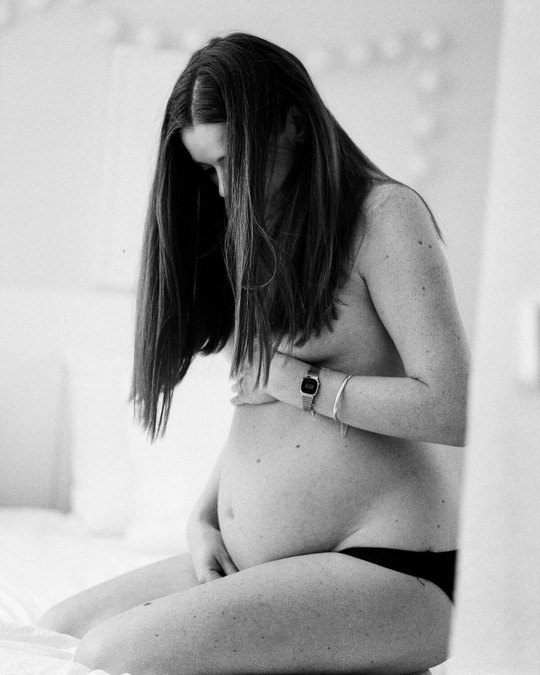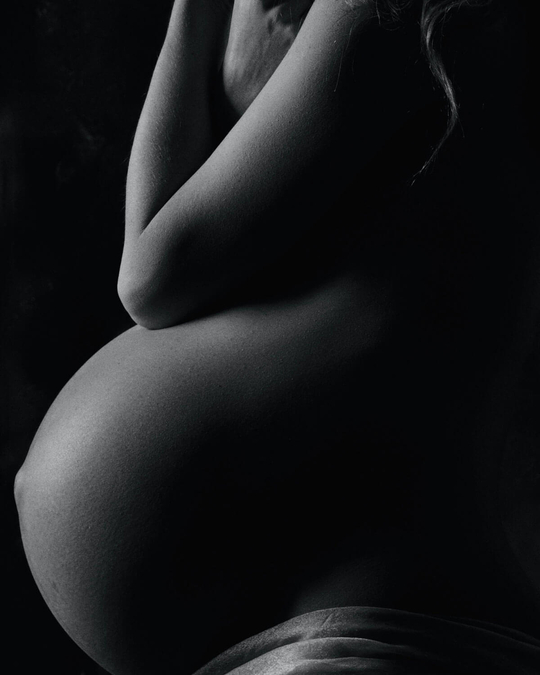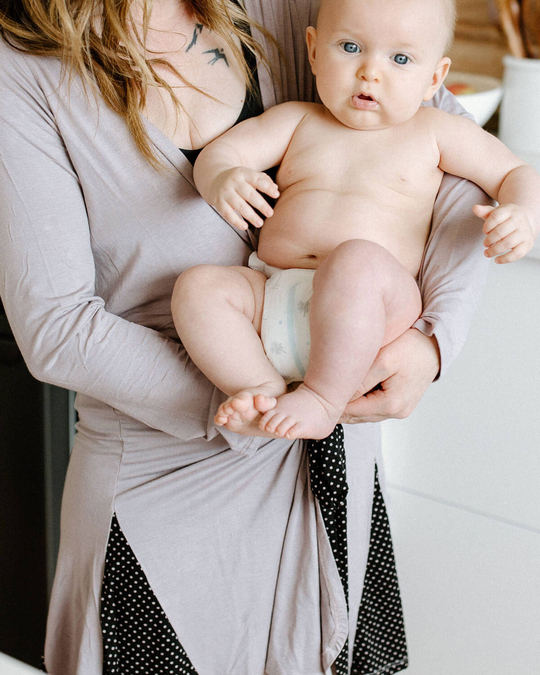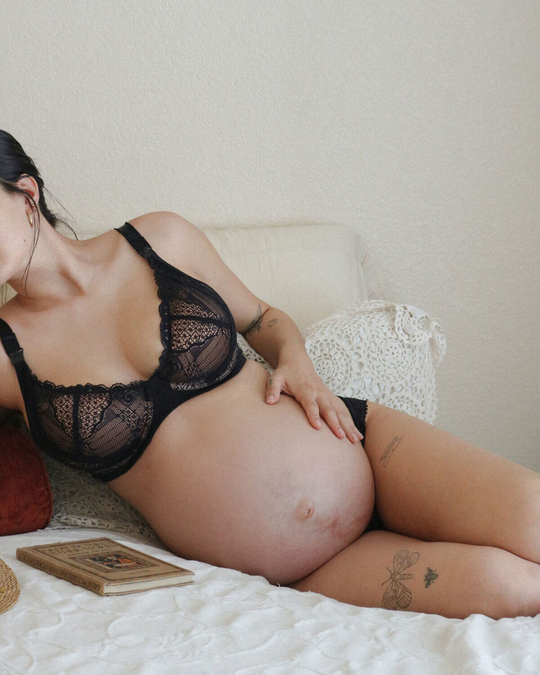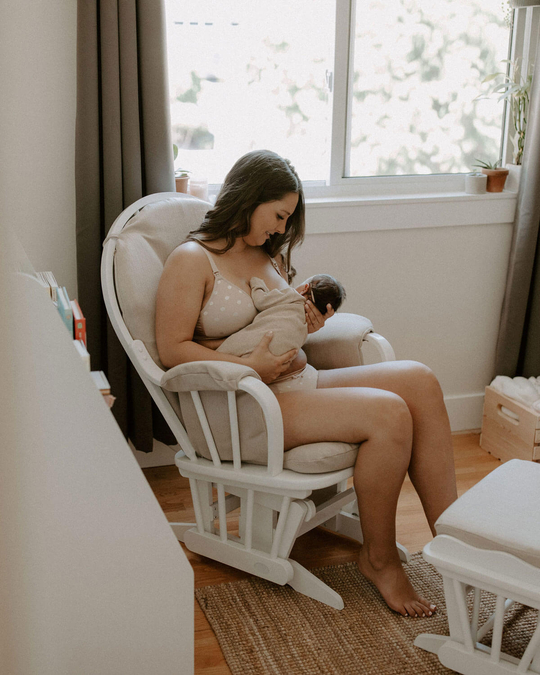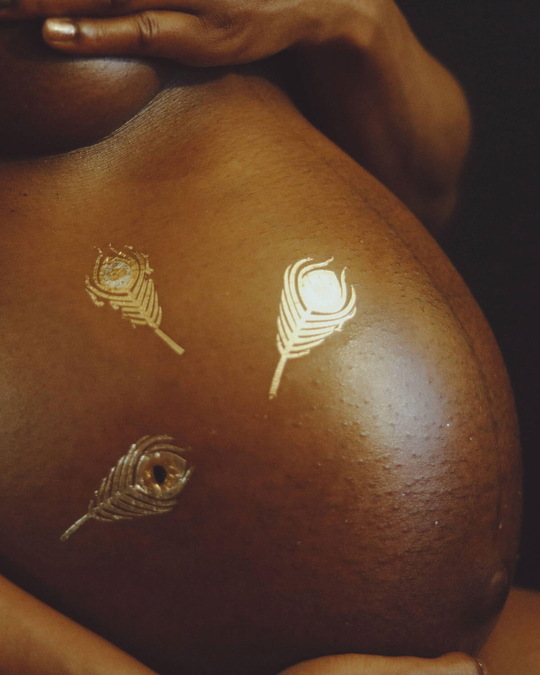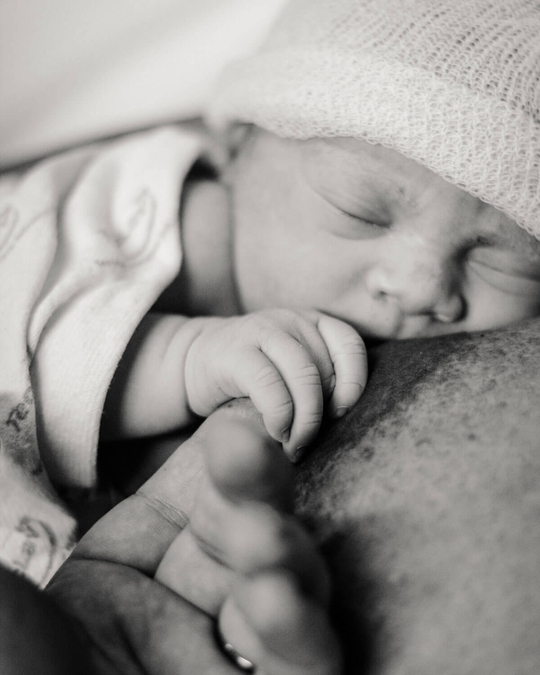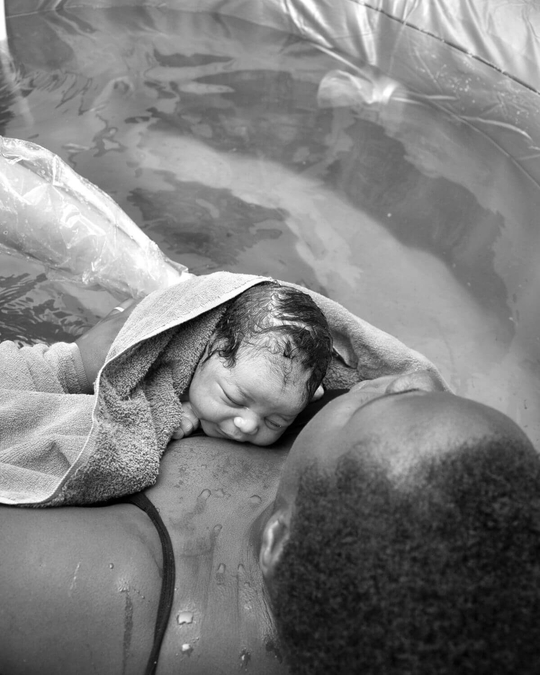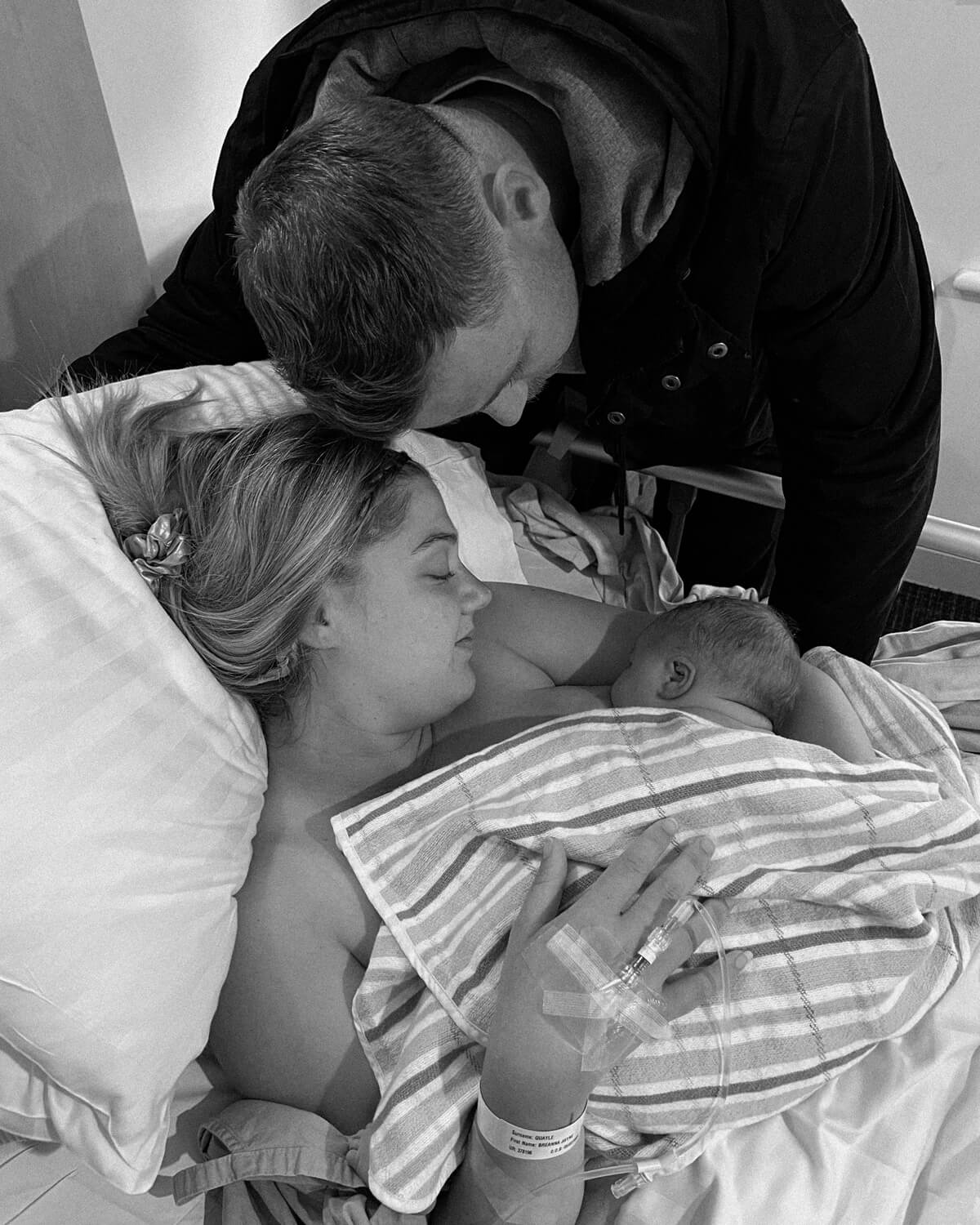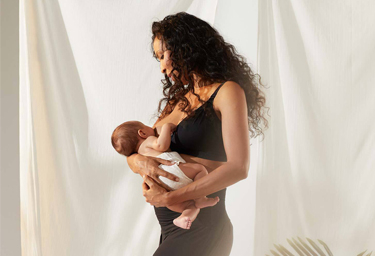Nowhere is a plan more personal, more political, more polarizing than in the maternity ward. Yes, ask any pregnant woman, any mother, any Labor & Delivery nurse, any obstetrician, and they’ll tell you: birth plans make pronouncements.
Why is it, exactly, that something as seemingly benign as a birth plan has become so charged?
And so judgy?
I researched the origins and history of modern “birth plans” for my book Carrying On: Another School of Thought on Pregnancy and Health precisely because I was ambivalent — if not uncomfortable — about devising one. What I learned along the way not only surprised me, but also helped me come to understand how birth plans can be both incredibly valuable and empowering, as well as problematic.
Birth Plans in the Making
You see, prior to the early/mid-1900s, women were quite well acquainted with childbirth. Before widespread access to contraception and before medicine established any kind of routine prenatal care, it was women who ran the show. Women helped one another through pregnancy, through labor, through birth. Most women gave birth and attended births many times throughout their lives — and they were intimately familiar with it. (It should be said: women’s earlier familiarity with childbirth did not necessarily make it any easier or safer — the risk of injury and death during childbirth was very real.)
In the mid-1900s, however, especially as doctors and hospitals increasingly offered laboring women anesthetic drugs, women’s understanding of what happened during childbirth became clouded. As more and more women went to hospitals to have their babies (often under the influence of drugs that essentially induced temporary amnesia), fewer and fewer women witnessed and experienced birth. In short, women lost the script.
The story is, of course, more complicated than this, but the general shift remains evident: where the process of birth was once well-known, it became, over time, mysterious and foreign. Women may have been scared of birth when it was a more everyday part of their lives, but their fear emanated from a place of knowing. In contrast, as childbirth shifted to the hospital, birth became scary in a different way, because most women didn’t know what to expect.
Women’s health professionals and advocates forwarded the first formal conception of a “birth plan” in the 1980s — as an antidote to this collective loss of information and experience. Their suggestion was at once both intensely radical as well as utterly basic: learn about and contemplate birth; talk about it.
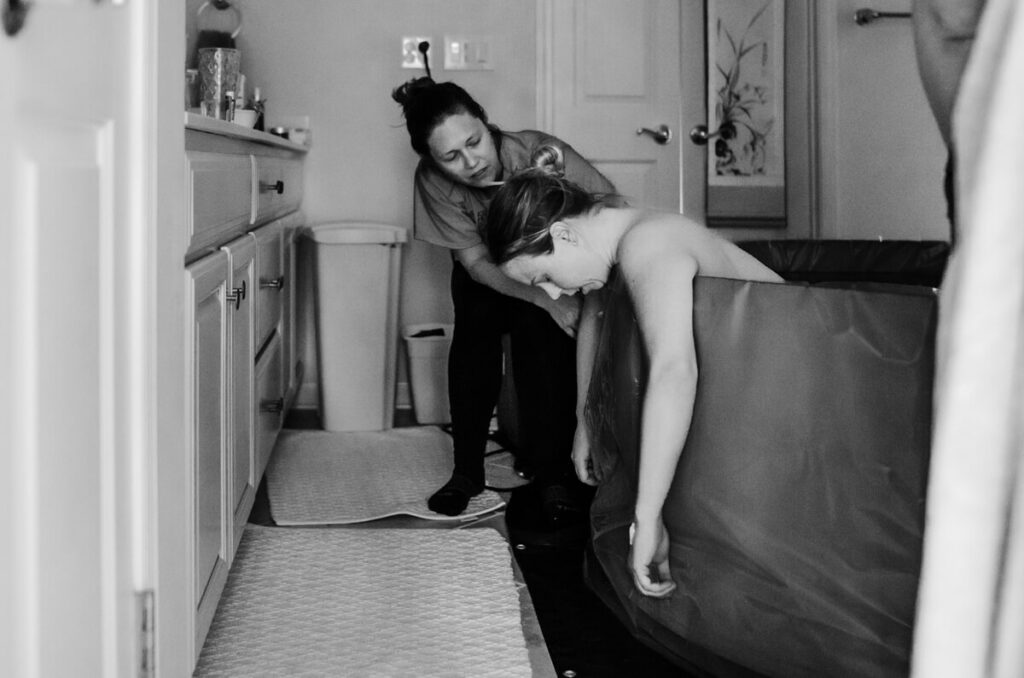
Birth Plans: Measuring Up
In its original incarnation, what mattered about a birth plan was the making of it — the process of self-education; the sense of solace, however slight, gained through coming to understand the progression of labor and delivery; the empowerment of discussing it. To have a birth plan was to have learned and thought about birth.
But as nearly anyone in the twenty-first century could tell you today, birth plans tend to carry a lot of baggage.
For one thing, the research on birth plans has been mixed. Women who formulate birth plans tend to be different, as a population, than women who don’t — they are more likely to have higher levels of education, to make more money, and to prefer fewer interventions, for instance. Having a birth plan also isn’t associated with improved health outcomes for moms or babies, nor is it associated with improved birth experiences. In fact, women with birth plans report feeling less in control and less satisfied with their birth experiences.
At first glance I thought these findings seemed paradoxical, but when I held them up against my own experience, they actually made so much sense.
Throughout my first pregnancy, I obsessively read every book I could find about pregnancy and birth, and over the course of a few months, devised a birth plan. I never wrote it down, and I never formally submitted any paperwork as such — because, I admit, something about the labeling rankled me — but I knew what my intentions were. So did my husband and my doctor, my sister, my mom.
Yet the result of my having a plan — even despite their wanting formality — was that it left me feeling, in the moment, like a complete failure. I’m sure you’ve heard my same story before: woman plans for a medication-free birth; woman endures hours of labor; woman is aggressively sleep-deprived and physically exhausted; woman relents, asks for medication.
Did you see it, the problem there?
There is a story we tell about women who “cave”; women who “give up”; women who “give in.” I made myself one of these women, because I changed the plan. In the moment, in the throes of labor, I felt so powerfully guilty about even thinking about changing the plan, much less wanting to change the plan, that I forgot that I was the one who made the plan in the first place. Instead of feeling empowered, I sought permission. With my own birth plan on the line, I turned to my partner and my doctor for absolution, rather than myself.
The second time around, I knew better.
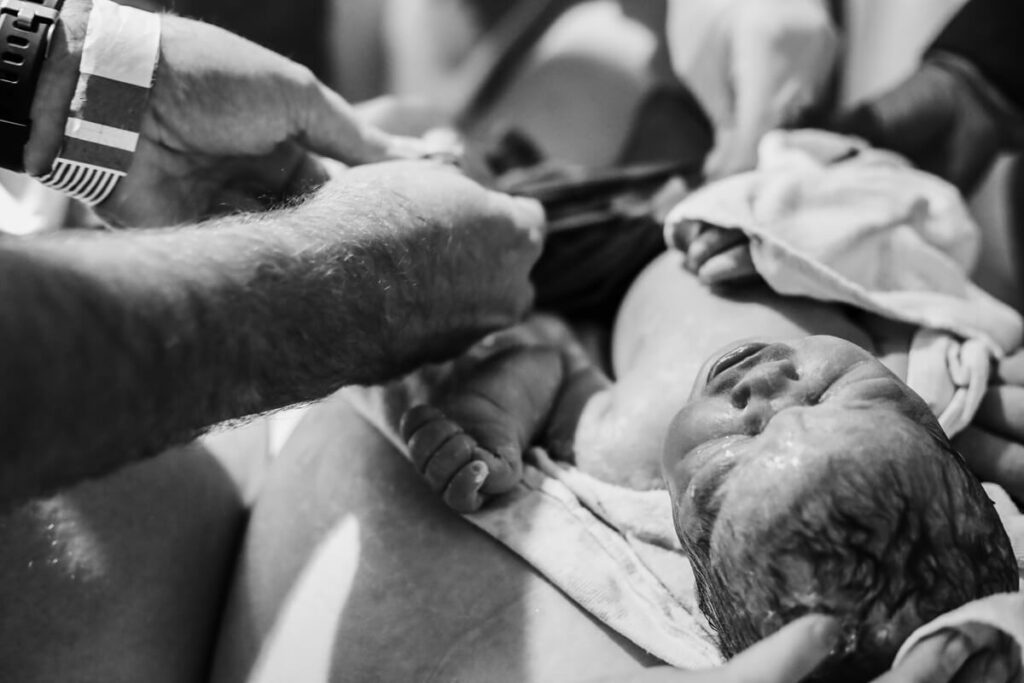
Devising a Birth Plan: What Really Matters
Learning about the origins and evolution of birth plans taught me a great deal about why birth plans have potential value to begin with — because it’s not actually about the plan itself. And it’s certainly not about “sticking to it.” Instead, with regard to birth plans, process trumps outcome. Every time.
Indeed, experts who’ve studied birth plans suggest that the concept of a “plan” might be all wrong, because the very idea that we are capable of planning labor or delivery is absurd, not to mention misleading. It is very difficult to plan what we can never anticipate. Some researchers advise that we might be better off to relabel birth plans entirely, as intentions, ideas, preferences, wishes. Anything that implies more fluidity, less rigidity.
Words matter, so maybe this could help.
But we need to change the way we tell our stories, too. The woman who “gives up” may be the woman brave enough to adjust; the woman with enough grace or self-compassion to see that there is strength in change, too.
Likewise, women with birth plans are engaged, involved, attentive. What could be wrong with that?
Research and experience both show that we cannot ever truly “plan” a birth, but the same evidence also shows that the process of devising intentions for birth carries real value, regardless of what those intentions are or how they play out.
Knowing this, I thought long and hard about whether and how to formulate a birth plan for my second child’s birth. In the end, I decided to plan for one thing: flexibility. And I was glad for it, because other than the fact that the end result was my newborn daughter in my arms, nothing else went according to plan.
And that was okay. Because I was a mom, all over again.
About the author:
Brittany Clair is a researcher, author and mama. She is the author of Carrying On: Another School of Thought on Pregnancy and Health and Rest Uneasy: Sudden Infant Death Syndrome in Twentieth-Century America, and works as a staff writer for Lucie’s List.








